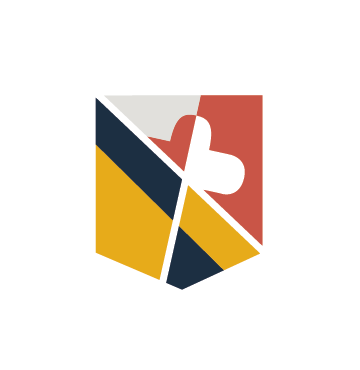Online Learning
Since its inception, the Kirwan Center has been supporting USM institutions in making strategic forays into online learning. “Online learning” in this context is defined as any learning environment that makes substantive use of a web-based component that enables collaboration and access to content beyond the classroom. Online learning strategies across the USM range from fully online degree/certificate programs, to MOOCs, to hybrid and "flipped" courses.







